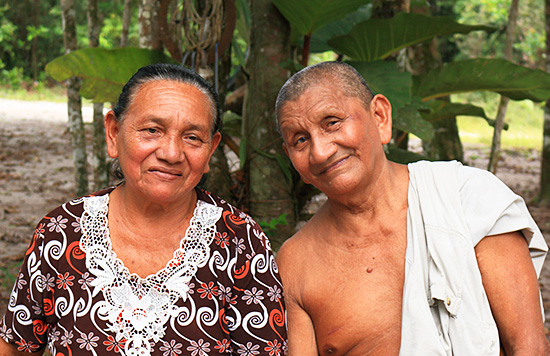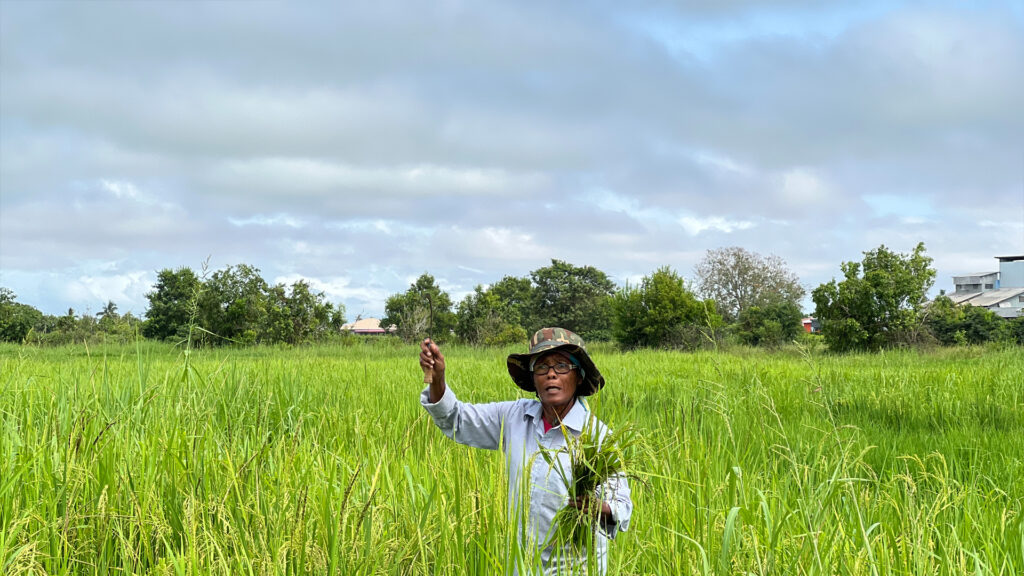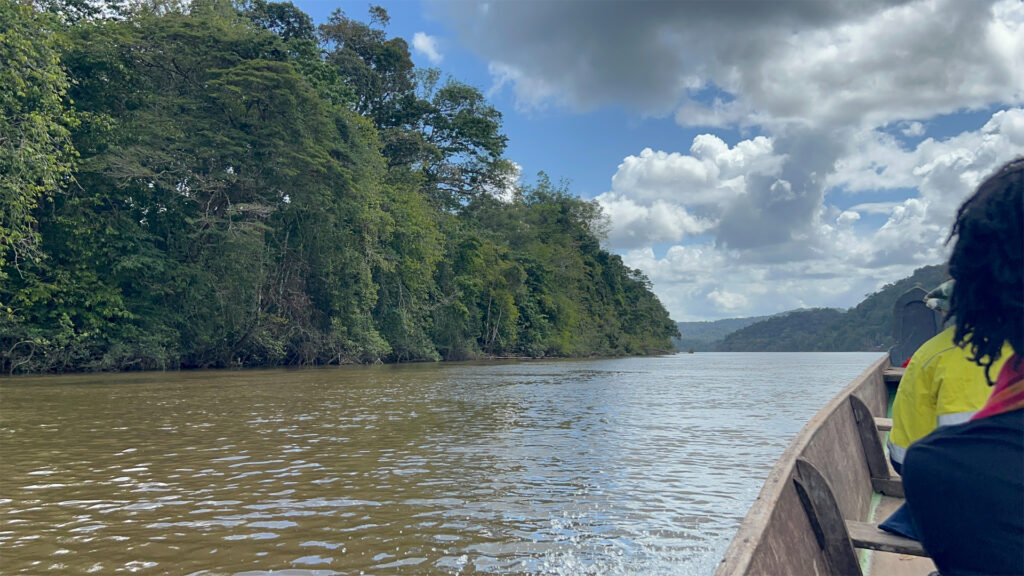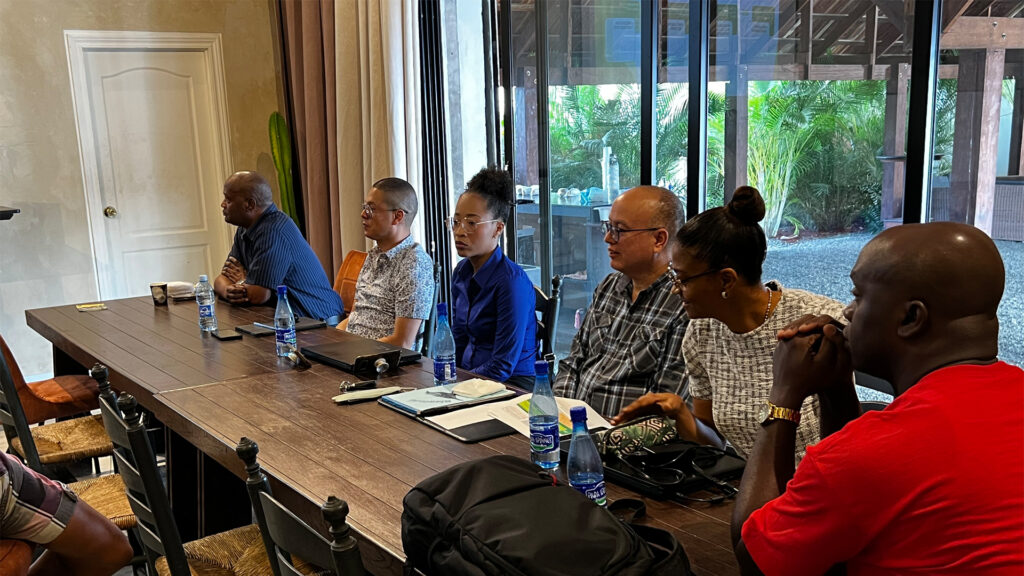Work areas
Community development and alternative livelihoods

Globally more than one billion people are living in poverty. Food insecurity, illiteracy, income inequality, and poor healthcare, are challenges that many people face daily and often impact women and children more than men. This is especially true in developing countries and rural areas where there are fewer income earning opportunities, less education options and little access to capital.
We support the creation of sustainable livelihood opportunities to improve the well-being of local peoples.
Development of alternative livelihood opportunities based on cultural strengths has the potential to reduce income inequality and the loss of culture, traditions and language.
Although women are sometimes marginalized in local cultures, we have experienced their potential as change agents and catalyzers for improvement of education opportunities, health care and entrepreneurship. Key to success of our interventions is community ownership through engagement and communications. We assist the communities to achieve their goals of sustainable development.
Sustainably managed landscapes and forests

Human life depends on land and forests, from the air we breathe and food we eat to the livelihoods that support us. Societal demands, economic circumstances and local environments are highly dynamic.
Every moment, these vital life support systems are under threat. Around the globe, habitats are being destroyed and biodiversity lost at an alarming rate.
We support our clients in managing these dynamic changes and achieving their goals through a science-based approach, with long-term experience and creativity. We assist the forest and land use sector to prepare for future challenges through implementing sustainable land use practices in a participatory manner. We are convinced that environmental protection is important and REDD+ presents an opportunity to developing countries to conserve land and forests.
We assist clients to, in collaboration with stakeholders, design and implement sustainable and economically competitive land use systems while maintaining their ecosystem services. Reliable and forward looking analyses are required to derive realistic strategies and options.
Agriculture and Tourism

Since agriculture and tourism tend to flourish in biodiversity hotspots, these industries have the unique potential to spur environmental responsibility and support conservation efforts in some of the world’s most vulnerable locations. Agriculture and tourism are effective tools for job creation in the world’s most vulnerable regions.
They represent key opportunities of bringing (foreign) money into developing economies, increasing demand for local goods and services, increasing infrastructure and education, and introducing investment.
However, unplanned sector development and excessive consumption can also lead to aggravated pressure on resources, waste and water issues in destinations. Much of tourism activity globally is concentrated in coastal zones.
If significant action is not taken, the effects of climate change, irresponsible coastal development, and careless tourism will have devastating consequences for developing economies. We support clients with multi-sectoral participatory policy planning by engaging in the dialogue a wide spectrum of stakeholders at the regional, national and local levels.
Democratic Governance

Traditional governance models based on outdated top-down paradigms have failed to effectively respond to the challenges faced by governments in engaging citizens’ participation in decision-making. If an intervention is to be truly ‘owned’ by the community, shared decision-making must be at its core. If those who are directly affected by an organization’s actions are not included in key decision-making processes, they will not be as likely to back the project with their advocacy voices, volunteer time, or cash.
Democratic governance is an expanded approach to governance, built on participatory principles, that moves beyond the decision by ‘experts’ as the sole locus of governance. It is a framework in which responsibility for governance is shared across the project, including the project’s key stakeholders. In applying democratic governance, we utilize the principles of principles of community engagement, participatory democracy, self-determination, genuine partnership, and community-level decision making.
